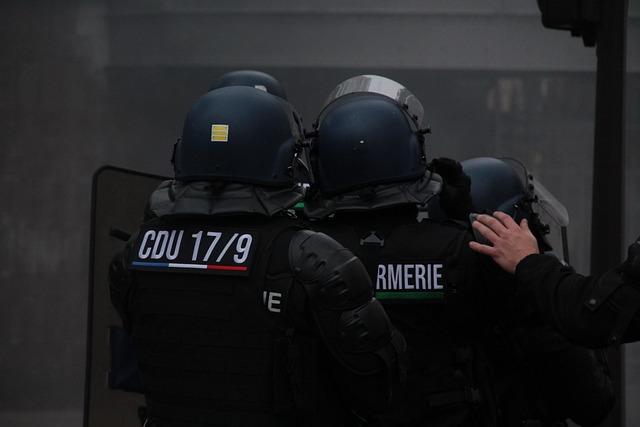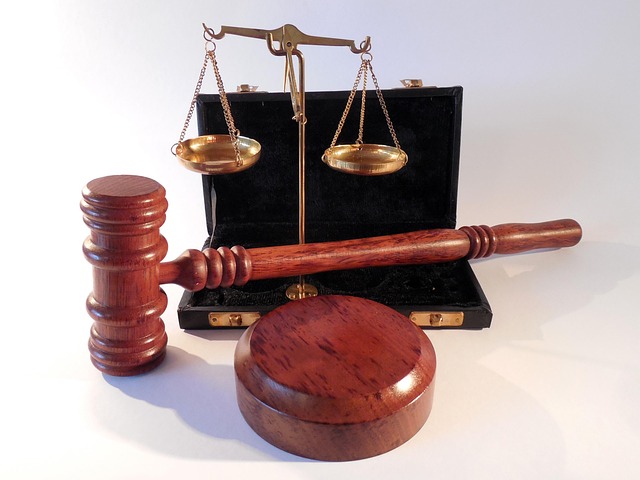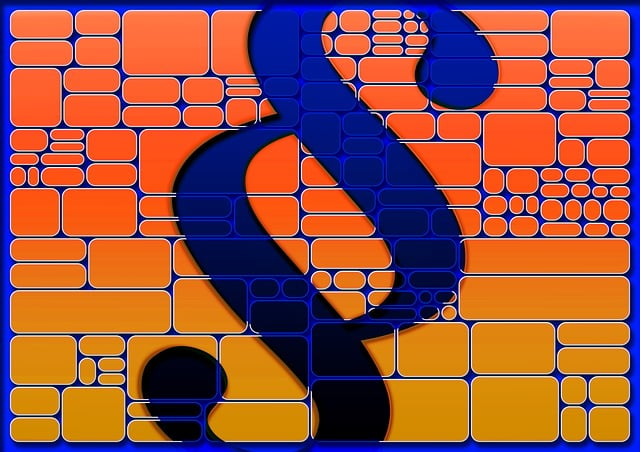In legal investigations targeting C-level executives, grasping the intricate web of laws, especially the burden of proof, is paramount for justice and defense. This concept ensures prosecutors must prove their case "beyond a reasonable doubt," protecting individuals from wrongful accusations. In white-collar cases, understanding this burden empowers executives and organizations to navigate complexities, maintain integrity, and achieve favorable verdicts while mitigating personal and professional risks in a dynamic business landscape.
“In the intricate world of corporate governance, C-level investigations stand as significant milestones, scrutinizing the highest echelons of executive leadership. This article delves into the legal framework surrounding these inquiries, specifically focusing on the crucial concept of the Understanding Burden of Proof in Criminal Cases. When faced with criminal probes, C-level executives navigate unique challenges, impacting their professional and personal repute. We explore strategies for effective navigation, highlighting the significance of legal counsel expertise in ensuring fair treatment and understanding potential outcomes.”
- Understanding the Legal Framework
- – Definition of C-Level Investigations
- – When and why C-level executives face criminal investigations
Understanding the Legal Framework

In any legal investigation, especially at the C-Level where high-stakes decisions are on the line, understanding the intricate web of laws is paramount. The legal framework governing investigations is complex, and it’s crucial to grasp the principles that dictate the path of justice. One fundamental aspect is the concept of the “burden of proof,” a critical element in both criminal and civil cases. In the context of white-collar defense, where accusations can have far-reaching consequences for individuals and philanthropic and political communities, this becomes especially significant.
Knowing the burden of proof means recognizing that prosecutors must present compelling evidence to secure a conviction. This is not merely a formality but a safeguard against wrongful accusations. For organizations and individuals under investigation, it’s about ensuring that their rights are protected and that any actions taken are in line with the law. Understanding this framework empowers those involved to navigate the legal labyrinth, aiming for winning challenging defense verdicts while upholding the integrity of the justice system.
– Definition of C-Level Investigations

C-Level Investigations refer to comprehensive inquiries conducted at the executive level, typically within large organizations or corporations. These investigations are designed to uncover and address potential legal, ethical, or compliance issues that may involve high-ranking executives, often referred to as C-suite leaders. With the increasing complexity of business operations and heightened regulatory scrutiny, understanding the burden of proof in criminal cases has become paramount for both corporate and individual clients alike.
The process involves meticulous gathering and analysis of evidence, including financial records, email communications, witness statements, and more, to determine if any wrongdoings have occurred. The goal is not only to avoid indictment but also to maintain the integrity and reputation of the organization across the country. By employing skilled investigators who possess expertise in both corporate investigations and criminal law, companies can ensure that their responses are swift, thorough, and in line with legal requirements, thereby safeguarding their interests in a dynamic business landscape.
– When and why C-level executives face criminal investigations

C-level executives, who bear significant responsibility within their organizations, can find themselves facing criminal investigations at any time. These inquiries often stem from complex financial misdeeds, fraud, or breaches of fiduciary duty—issues that may have far-reaching implications for both the individual and the company as a whole. When allegations surface, law enforcement agencies, particularly in cases involving white-collar crime, must establish a robust case to ensure justice is served. The onus lies on prosecutors to meet the stringent burden of proof required in criminal matters, demonstrating beyond a reasonable doubt that the executive has engaged in illegal activities.
Understanding the burden of proof in criminal cases is crucial for C-level executives and their legal teams. Given the potential consequences of an indictment, including personal liability and reputational damage to both the individual and the philanthropic and political communities they are often embedded in, it’s essential to mount a robust defense from the outset. A well-planned white-collar defense strategy can help mitigate risks and navigate these challenging situations effectively, ensuring that justice is pursued without undue harm to innocent parties.
C-level investigations pose unique challenges due to the high-stakes nature of corporate decision-making. As these inquiries delve into sensitive matters, a thorough understanding of the legal framework, including the burden of proof in criminal cases, is paramount. Navigating this landscape requires careful consideration to ensure fairness and justice while fostering trust in corporate governance. By recognizing when and why C-level executives face such investigations, stakeholders can better prepare for potential outcomes, emphasizing accountability without undue prejudice.






